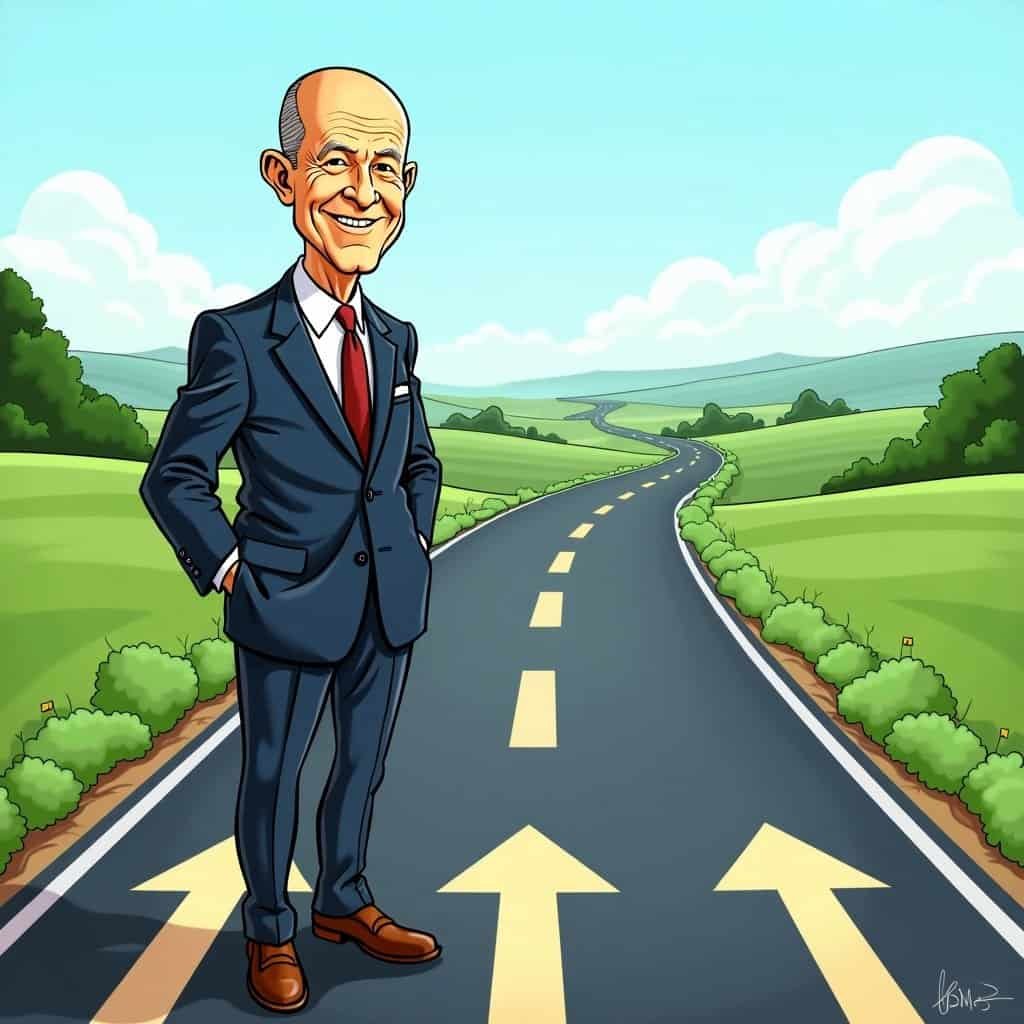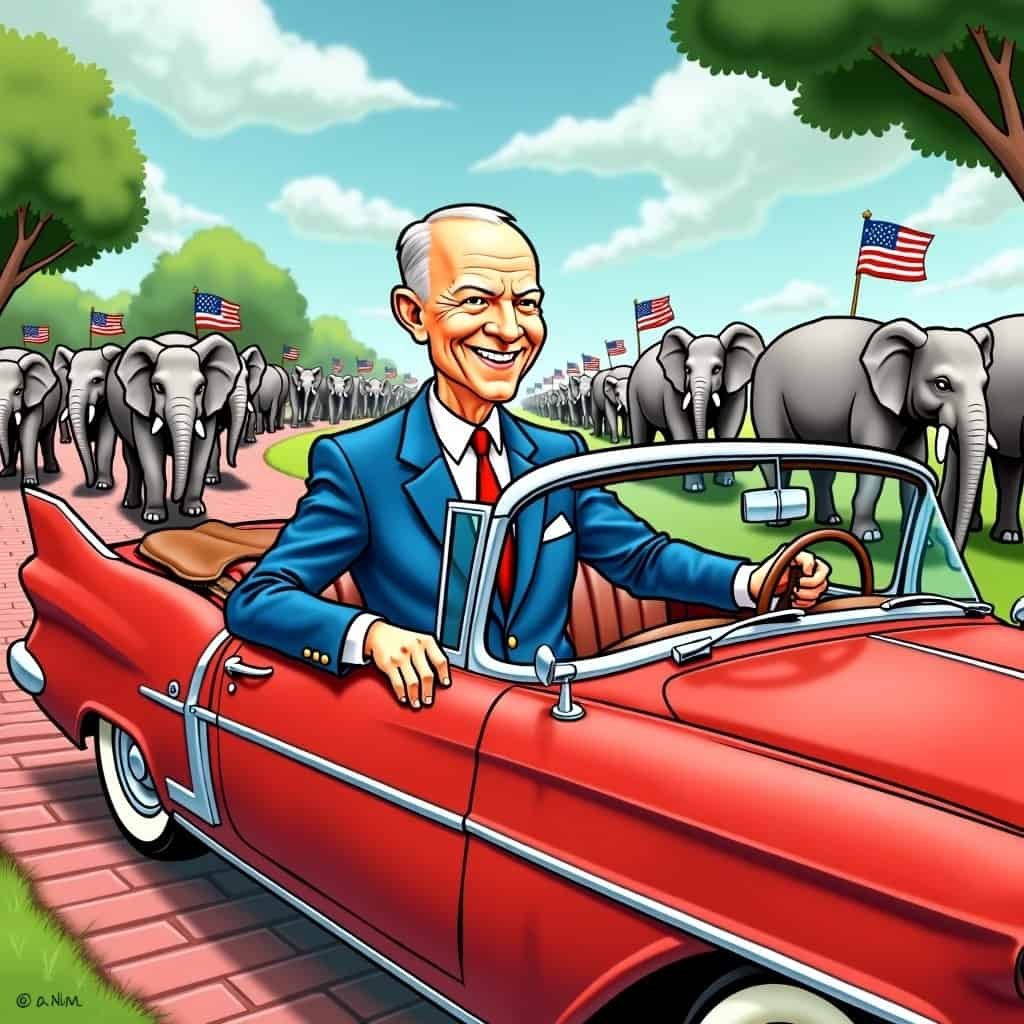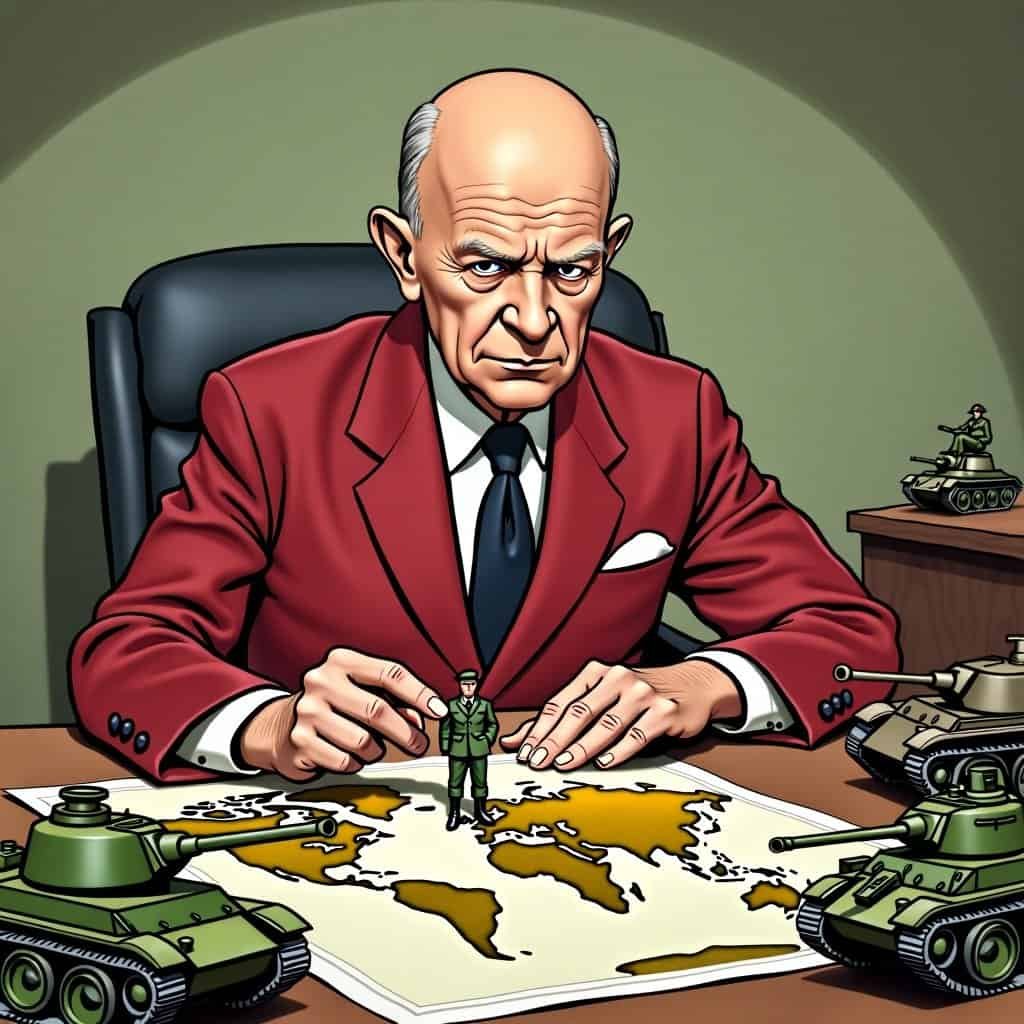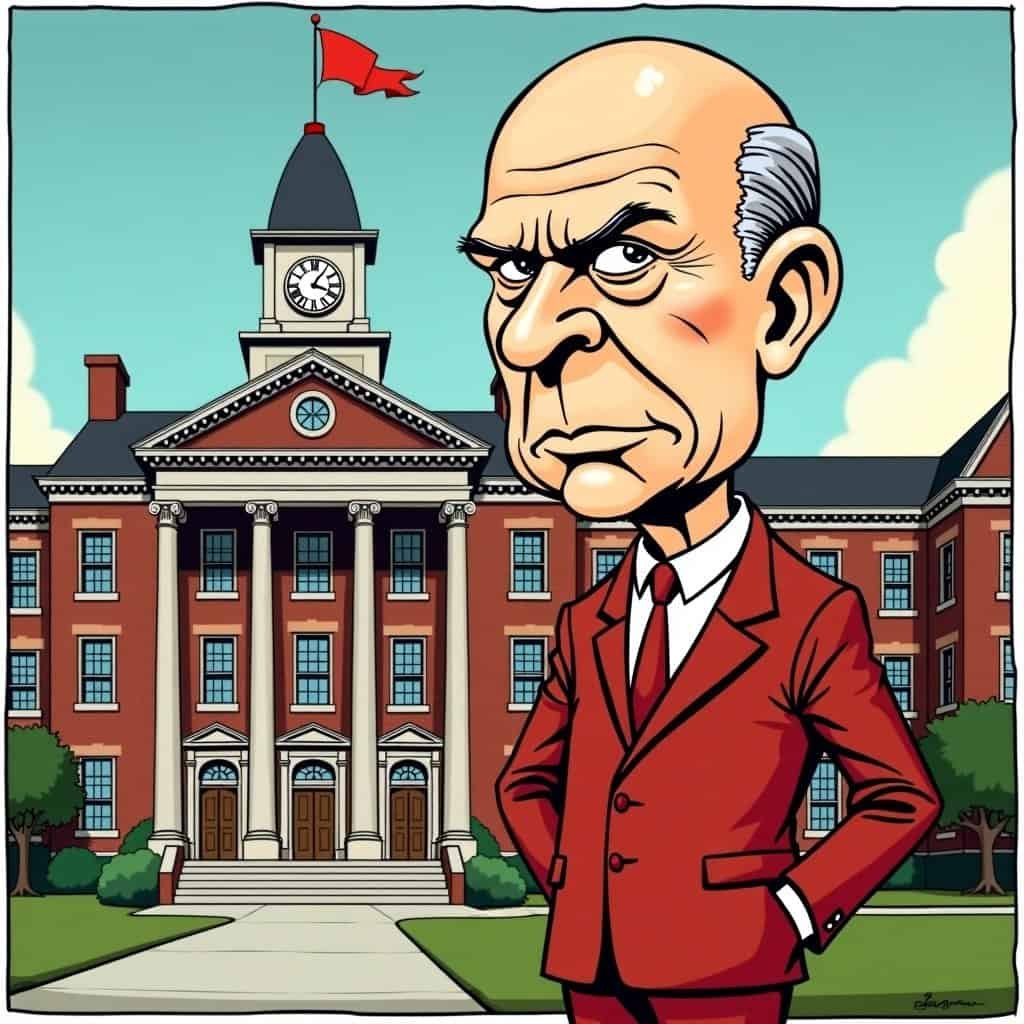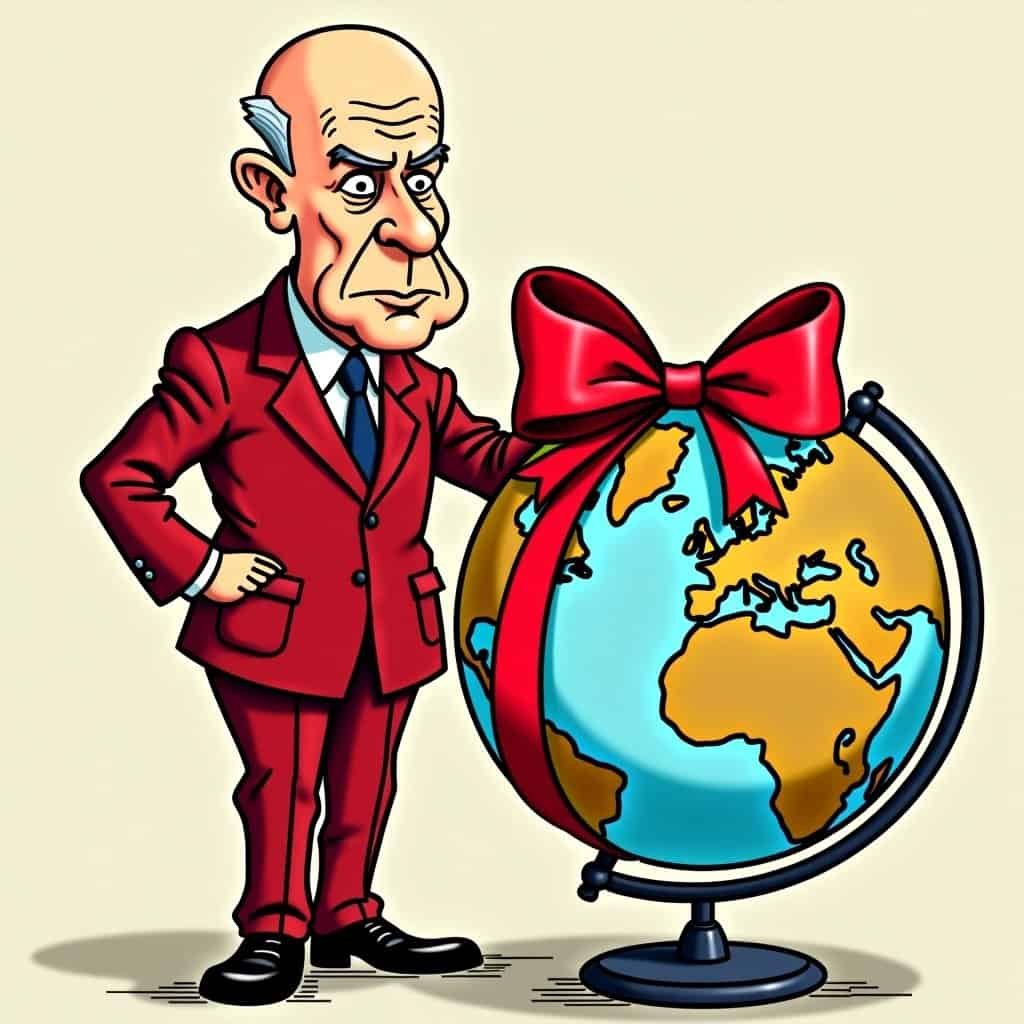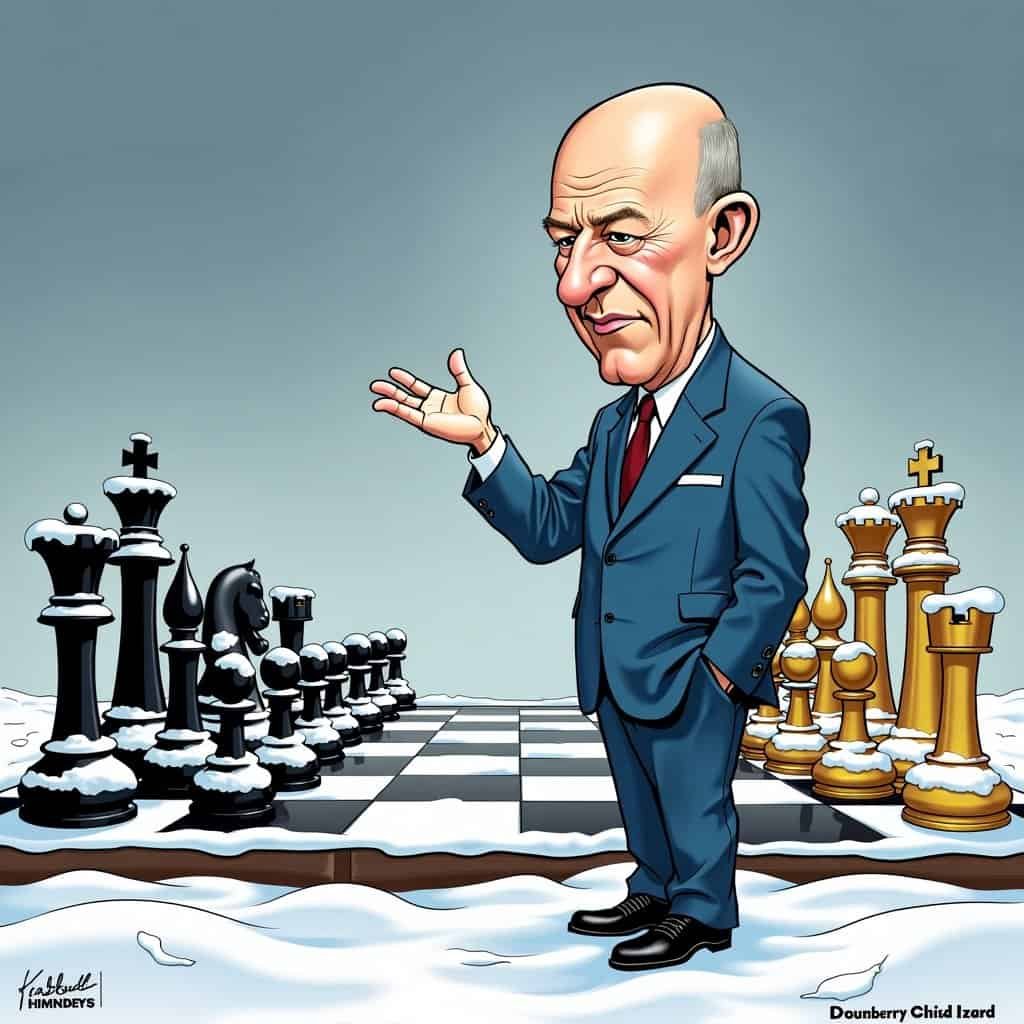Ah, the 1950s—a time when rock and roll was creating teenage rebels faster than you could say “Elvis,” and a certain Dwight D. Eisenhower found himself at the center of a massive change that even the King couldn’t imagine. I’m talking about the Federal-Aid Highway Act of 1956, an Eisenhower brainchild that fit perfectly with the conservative values we hold dear today. Let’s take a fun trip down memory lane!
You see, President Eisenhower was a Republican who saw the benefits of smart infrastructure investment. Who knew roads could do more than just connect places? But Ike saw highways as the nation’s lifeline, quite literally paving the way for economic success—an innovation superhighway that just kept rolling along!
The Federal-Aid Highway Act pumped $25 billion over a decade to build a massive 41,000 miles of interstate highways. That’s more asphalt than your Uncle Bob has wild theories! And why does this act align with our conservative roots, you ask? Easy. It was about efficiency, private investment, and boosting economic growth, the building blocks of conservative dreams.
Eisenhower’s Productivity Masterclass
Now, between you and me, Eisenhower knew a thing or two about getting things done. Who needs fancy ribbon-cutting when you have bulldozers clearing paths faster than a politician avoiding a tough question? The Highway Act was a brilliant move to use federal initiative to boost the private sector—building roads that helped businesses grow like weeds, creating jobs and pushing the American Dream into high gear.
Economic Impact of the Federal-Aid Highway Act
You might say this lesser-known part of Eisenhower’s plan fits right in with core conservative ideas. The highways became roads of trade and opportunity, showing how Republicans prefer to boost growth through investment rather than heavy government control. Isn’t that as clear as a highway sign?
Conservative Philosophy in Action
Think about it, while some might worry about big infrastructure projects and their costs, this plan didn’t just wave at economic growth; it rolled out the welcome mat! There was no time for standing still when every mile turned cities into suburbs and towns into buzzing centers of business.
Of course, Eisenhower was practical—if you’re connecting a country from coast to coast, you better be quick and efficient like a small-town sheriff keeping order on a Saturday night. And efficient he was, using public funds wisely to spark private sector progress and, as a result, bring in more money through expanded trade routes.
Modern Conservatism and Highways
Hey! When we talk about modern conservatism, let’s not forget the goldmine our highways provide. They’re the real roads of opportunity, showing how smart investments beat government handouts—a point conservatives happily agree leads to success.
So, as we cruise along today’s highways, whether you’re in a pickup, a Prius, or anything else, take a second to thank good ol’ Ike. He’d probably smile seeing how his idea for a united America is still guiding us in the right direction. This act didn’t just build roads, but a legacy that’s part of the conservative spirit.
And for those stuck in traffic, remember, it’s just another sign that Eisenhower got it right—our highways are as important as the never-ending debates about whether pineapple belongs on pizza. Stay tuned for more twists and turns in the conservative journey. Here’s to all roads, traveled and untraveled alike!
Table of Contents
- Eisenhower’s Productivity Masterclass
- Conservative Philosophy in Action
- Modern Conservatism and Highways
